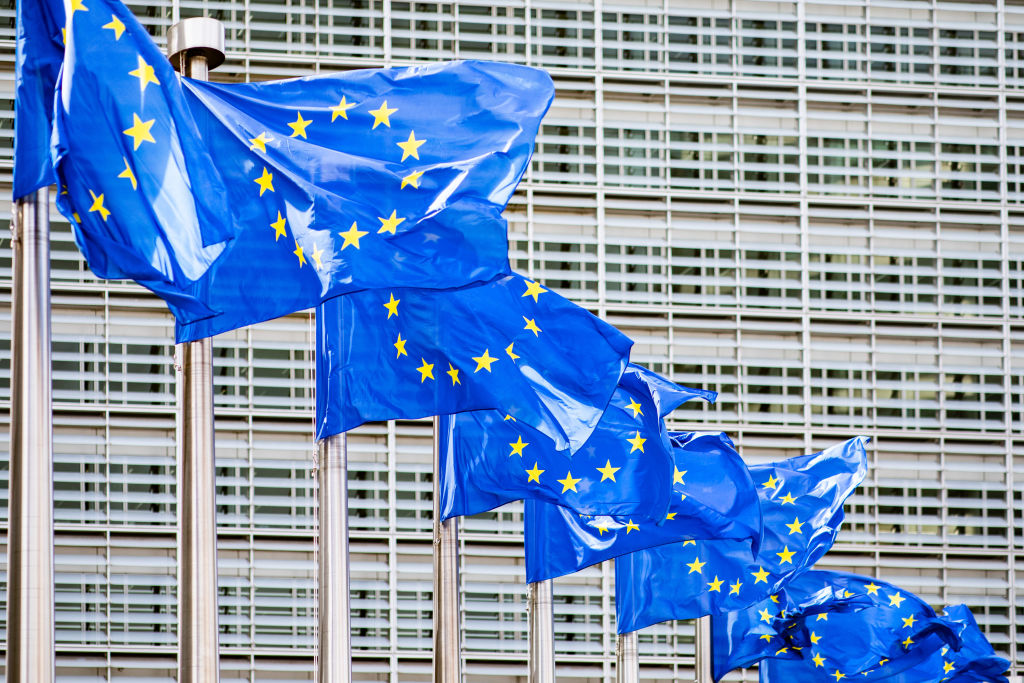In recent years, European leaders have become increasingly concerned about the continent’s heavy reliance on American technology companies. This dependence spans critical sectors such as cloud computing, artificial intelligence (AI), and digital infrastructure, raising questions about Europe’s strategic autonomy and security.
The Catalyst for Change
A pivotal moment highlighting this vulnerability occurred when the U.S. government imposed sanctions on Karim Khan, the chief prosecutor at the International Criminal Court (ICC), over the ICC’s decision to issue arrest warrants for Israel’s Prime Minister Benjamin Netanyahu and former defense minister Yoav Gallant. In compliance with these sanctions, Microsoft disabled Khan’s email account, underscoring the potential risks associated with Europe’s dependence on U.S. tech firms. Casper Klynge, a former diplomat and Microsoft employee, described this incident as the smoking gun that many Europeans had been looking for, prompting a reevaluation of digital dependencies. In response, some ICC staff transitioned to European-based services like ProtonMail, a Swiss email provider known for its strong privacy protections.
The Extent of Dependence
The dominance of American tech companies in Europe is substantial. As of 2023, U.S. giants such as Amazon, Microsoft, and Google controlled approximately two-thirds of Europe’s cloud computing market, while European providers’ share dwindled to 13%. Additionally, 23% of the European Union’s high-tech imports originated from the United States, encompassing sectors from aerospace to pharmaceuticals. ([techxplore.com](https://techxplore.com/news/2025-04-europe-tech-addiction.html?utm_source=openai))
This reliance extends beyond infrastructure to software and services integral to daily operations across European businesses and institutions. The pervasive use of American platforms for communication, data storage, and operational management has led to concerns about data sovereignty and the potential for external influence over critical European functions.
Calls for Digital Sovereignty
In response to these concerns, a coalition of over 80 European tech organizations has urged the European Union to take decisive action toward achieving digital sovereignty. In an open letter to European Commission President Ursula von der Leyen and Digital Chief Henna Virkkunen, the coalition emphasized the need to reduce reliance on foreign-owned digital infrastructure and services. The letter advocates for the development of a Euro Stack, a comprehensive European digital infrastructure encompassing applications, platforms, AI models, chips, computing, storage, and connectivity. ([techcrunch.com](https://techcrunch.com/2025/03/16/european-tech-industry-coalition-calls-for-radical-action-on-digital-sovereignty-starting-with-buying-local/?utm_source=openai))
The coalition’s recommendations include:
– Implementing a Buy European Policy: Encouraging public procurement processes to prioritize European technology solutions, thereby stimulating demand and investment in local tech industries.
– Pooling and Federating Resources: Promoting collaboration among European technologists to develop common standards and enhance competitive advantages against non-European tech giants.
– Establishing a Sovereign Infrastructure Fund: Creating a fund to support public investments in critical areas of the tech value chain, such as quantum technologies and semiconductor production.
Wolfgang Oels, COO of Berlin-based search engine Ecosia and a signatory of the letter, highlighted the urgency of the situation: Imagine Europe without internet search, email, or office software. It would mean the complete breakdown of our society. ([techcrunch.com](https://techcrunch.com/2025/03/16/european-tech-industry-coalition-calls-for-radical-action-on-digital-sovereignty-starting-with-buying-local/?utm_source=openai))
Challenges to Achieving Digital Independence
Despite the clear need for digital sovereignty, Europe faces significant challenges in reducing its dependence on U.S. technology. The deeply embedded nature of American tech infrastructure in European systems makes a swift transition difficult. Additionally, the financial and logistical resources required to develop competitive European alternatives are substantial.
The European Commission has acknowledged these challenges and is exploring strategies to bolster the continent’s tech industry. However, some officials caution against complete decoupling from U.S. tech, emphasizing the importance of strategic partnerships and cooperation in the global tech landscape. A draft strategy from the European Commission suggests that while reducing dependencies is crucial, collaboration with like-minded countries remains essential. ([politico.eu](https://www.politico.eu/article/eu-us-big-tech-companies-trade-international-digital-strategy-europe-competitiveness/?utm_source=openai))
The Path Forward
To navigate these complexities, European leaders are considering a multifaceted approach:
– Investing in Research and Development: Allocating resources to foster innovation in key technological areas, including AI, quantum computing, and semiconductor manufacturing.
– Strengthening Regulatory Frameworks: Implementing policies that support the growth of European tech companies while ensuring fair competition and data protection.
– Building Strategic Alliances: Collaborating with international partners to develop and share technologies, thereby reducing reliance on any single country or company.
The European Union’s pursuit of digital sovereignty is not merely a matter of economic interest but also one of strategic importance. By reducing dependence on foreign tech, Europe aims to safeguard its digital infrastructure, protect sensitive data, and ensure that its technological future aligns with its values and interests.
As the global tech landscape continues to evolve, Europe’s efforts to achieve digital sovereignty will require sustained commitment, innovation, and collaboration. The path forward is complex, but the imperative is clear: to build a resilient, independent, and competitive European digital ecosystem.



